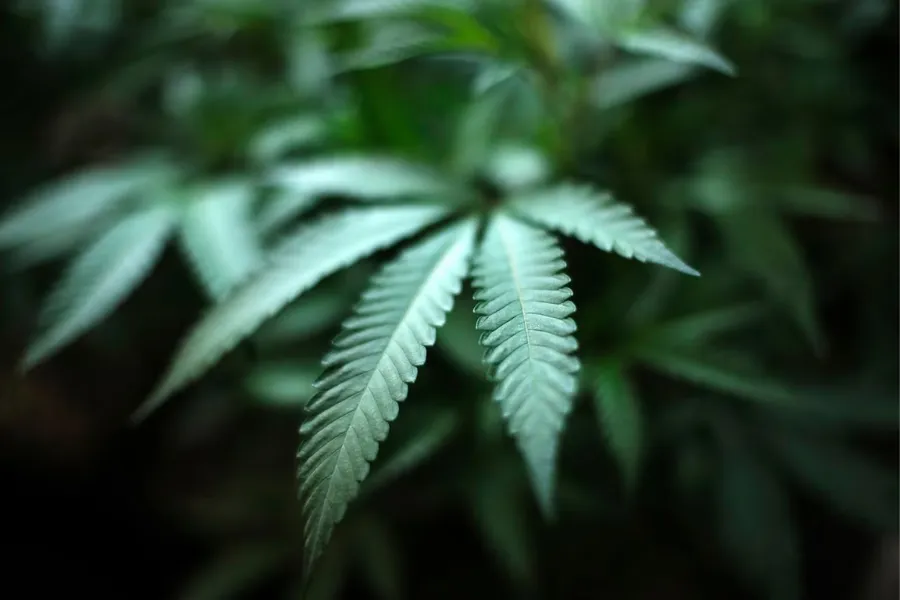It has been studied for a number of years and there is evidence supporting its use in the treatment of certain childhood epilepsies.
What is Epilepsy?
Epilepsy is a brain disorder characterised by unprovoked seizures, which are sudden and unpredictable bursts of electrical activity in the brain. These seizures can happen at least 24 hours apart or may occur even with a single unprovoked seizure if there is a high chance of more seizures happening. It’s quite common, being the fourth most common brain disorder after migraine, stroke, and Alzheimer’s Disease. In Australia alone, around 142,740 people are estimated to have active epilepsy, costing billions due to its impact on lives.
About one in three people with epilepsy continue to have seizures despite taking regular medication. The frequency of seizures in these individuals may vary in frequency and severity, however any uncontrolled seizure can severely impact quality of life. Medicinal cannabis treatments may be of benefit in these patients.
What is the role of medicinal cannabis in the treatment of Epilepsy?
Cannabidiol (CBD), the non-intoxicating molecule from cannabis plants has been tried as an add-on treatment in young people up to the age of 25 who have epilepsy.
Some studies showed it made life better for both kids and adults with epilepsy, but there aren’t many studies on how well it works for adults. Right now, doctors only suggest medicinal cannabis or cannabinoids along with regular anti-epileptic drugs, not on their own.
If a doctor thinks about prescribing cannabis treatment, they usually use it together with other medicines, and then see if it helps. In Australia, there’s one approved liquid medicine with CBD(100mg/ml) that is prescribed for this purpose.
Is medicinal cannabis suitable for all patients with Epilepsy?
Medicinal cannabis or cannabinoids might help some people with epilepsy, especially children and young adults, by reducing how often they have seizures. However, this treatment doesn’t work the same for everyone, and it’s crucial to consult your doctor and neurologist before trying it.
The main goal of epilepsy treatment is to decrease the number of seizures, ideally aiming for no seizures at all. If a patient experiences a 50 percent or more reduction in seizures with medicinal cannabis and doesn’t have significant negative side effects, it might be considered effective.
Doctors usually suggest trying CBD for about twelve weeks to see if it helps, and ongoing research is being conducted to find out the best dosage and effectiveness of CBD in treating common types of epilepsy in adults.
What are some of the side effects of medicinal cannabis used in the treatment of Epilepsy?
All medications can have potential side effects. The majority of patients treated with CBD report it is well tolerated. Usually, adverse events (AEs) are mild and only observed in the first month. In patients being treated with CBD for the treatment of epilepsy, some of the reported side effects include:
- Diarrhoea
- Drowsiness
- Changes in appetite (increased or decreased)
- Worsening of seizures
- Fever
- Convulsion
- Fatigue
- Gastrointestinal problems
- Irritability
- Changes in weight (gain or loss)
- Nausea
- Behavioural difficulties
- Vomiting
- Elevations of liver enzymes (can improve with continued use or dose reduction)
The most frequent AEs are drowsiness, reduced appetite, diarrhoea, vomiting, fatigue, and fever. More serious side effects have also been reported rarely. These include ‘Status epilepticus’, experiencing a seizure lasting more than 5 minutes, or having more than 1 seizure within a 5 minutes period, without returning to a normal level of consciousness between episodes.

Are all medicinal cannabis products suitable in the treatment of Epilepsy?
The cannabis sativa plant has been utilised since ancient times to treat seizures. The active ingredients of this plant include delta-9-tetrahydrocannabinol (THC) and cannabidiol (CBD).
In more recent times, there have been studies that have demonstrated there is evidence that supports the use of cannabidiol (CBD) in the treatment of some patients with epilepsy. Most of this evidence indicates that CBD alone is well tolerated and may be effective in reducing seizures in specific patient groups.
There is less evidence to support the use of THC containing products. THC is generally not recommended in the treatment of epilepsy as the effect on seizure control is uncertain and they have psychotropic effects that CBD alone is not associated with.
In summary, Cannabidiol (CBD) is the substance in medicinal cannabis that has the most published evidence as an epilepsy treatment. Australian guidelines support using CBD as an add-on to treatment in certain patients when conventional treatments have not adequately controlled seizures. The strongest evidence for the use of CBD is in paediatric and young (under 25 years old) patients. In these populations CBD appears to be well tolerated and reduced seizures by 50% or more in over half the patients studied. Several studies have also demonstrated an improvement in quality of life for both paediatric and adult patients.
Further research is needed to fully understand the role of other medicinal cannabis products and the role of CBD in the treatment of Epilepsy in adult patients.
To learn more about the role of medicinal cannabis in the treatment of Epilepsy or ask any questions, please contact our team on (03) 9077 2446 or hello@astrid.health, or visit one of our dispensaries.
